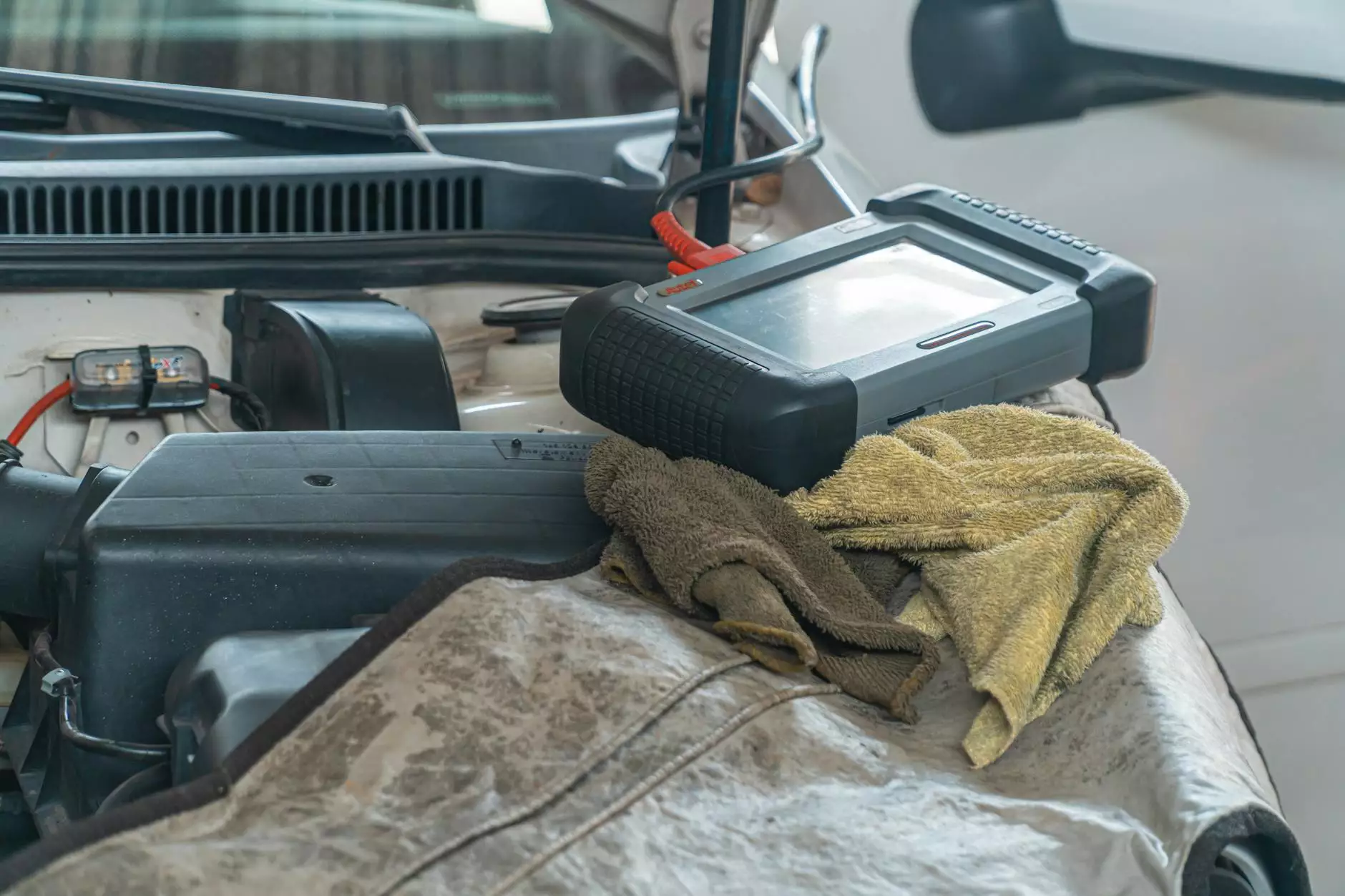Importance of Checking Your Brake System for Optimal Vehicle Performance

When it comes to maintaining your vehicle, one of the most crucial systems that deserves your attention is the brake system. The safety of you and your passengers is directly linked to the performance of your vehicle's brakes. In this article, we will explore the significance of regularly checking the brake system, signs of wear that you should be aware of, and how to ensure your brakes are in top condition.
Understanding the Brake System
The brake system is responsible for slowing down or stopping your vehicle. It consists of several components, including:
- Brake Pads: These press against the brake rotor to create friction, slowing down the wheels.
- Brake Rotors: Also known as discs, these are the components that the brake pads clamp down on.
- Brake Calipers: The calipers house the brake pads and are responsible for applying pressure to them.
- Brake Lines: These carry brake fluid from the master cylinder to the calipers.
- Brake Fluid: A hydraulic fluid that transfers force within the brake system.
Why Regularly Checking Your Brake System is Essential
Understanding why it is essential to check the brake system regularly can save your life and money. Here are some key reasons:
1. Safety First
The primary reason for maintaining your brake system is safety. A malfunctioning brake system can lead to disastrous consequences, including accidents and injuries. Ensuring your brakes are in good condition can mean the difference between a safe stop and a catastrophic failure at a critical moment.
2. Cost-Effectiveness
While you may think that neglecting your brake system will save you money, it can lead to expensive repairs down the line. Replacing worn-out brake pads, rotors, or components can be far more costly than simply checking and maintaining them regularly. A well-maintained brake system can enhance the lifespan of your entire vehicle.
3. Optimal Performance
Regularly checking your brake system ensures that you enjoy an optimal driving experience. Good brakes contribute to better handling of the vehicle under various conditions, ensuring that you can trust your vehicle’s response in emergency situations.
Signs You Need to Check Your Brake System
Being proactive about your brake system requires you to recognize the signs of wear. Here are some indicators that it’s time to check your brakes:
- Squeaking or Squealing Sounds: If you hear high-pitched sounds when applying the brakes, this is a sign that your brake pads may be worn out.
- Grinding Noises: A grinding noise indicates that your brake pads are worn down completely, and the metal of the calipers is making contact with the metal of the rotors, which can damage them.
- Vibration or Pulsation: If you feel vibrations in the brake pedal, this could suggest warped rotors, which need immediate attention.
- Warning Lights: Many modern vehicles have warning indicators on the dashboard that alert you to issues with the brake system.
- Fluid Leaks: If you notice fluid under your vehicle, it could indicate a brake fluid leak, which requires urgent inspection.
- Decrease in Brake Responsiveness: If your brakes feel spongy or take longer to respond, you may have an issue that needs immediate attention.
How to Check the Brake System
Checking your brake system doesn’t require specialized skills. Here’s a simple guide on how to do it:
1. Visual Inspection
Start with a visual inspection of all brake components:
- Check the brake pads for thickness.
- Examine the rotors for any signs of damage or uneven wear.
- Look for leaks in the brake lines and ensure they are not cracked or damaged.
- Inspect the brake fluid level in the reservoir.
2. Listening for Sounds
While you’re driving, pay attention to any unusual sounds when you apply the brakes. Squeals or grinding noises should prompt you to have the system checked immediately.
3. Testing Brake Pedal Feel
Press the brake pedal while the vehicle is stationary. It should feel firm under your foot. If it sinks to the floor or feels soft, there might be a problem with the hydraulics or air in the system.
4. Brake Fluid Check
Ensure that the brake fluid is at the recommended level. If it’s low, it may indicate a leak or that the pads are worn down.
Maintaining Your Brake System
Regular maintenance is key to ensuring the longevity and reliability of your brake system. Here are some tips:
- Regular Inspections: Schedule periodic brake system checks with a qualified technician.
- Replace Worn Parts: Don’t delay replacing brake pads or rotors when they show signs of wear.
- Use Quality Parts: Always opt for high-quality brake parts, like those available at imautoparts.com, to ensure safe and effective braking.
- Fluid Change: Change brake fluid every 2 years or as recommended by your vehicle’s manufacturer to avoid moisture contamination.
- Drive Sensibly: Avoid aggressive driving that can lead to premature brake wear.
Conclusion
In conclusion, the importance of regularly checking your brake system cannot be overstated. Your brakes are literally the safety net of your vehicle, ensuring you can stop when necessary and avoid collisions. By being proactive and recognizing the signs of brake wear, you can maintain your vehicle’s performance and safety. Remember that the best way to ensure your brake system is performing optimally is to combine regular checks with quality parts from reputable suppliers like imautoparts.com. Stay safe on the road by keeping your brakes in top shape.
check brake system








